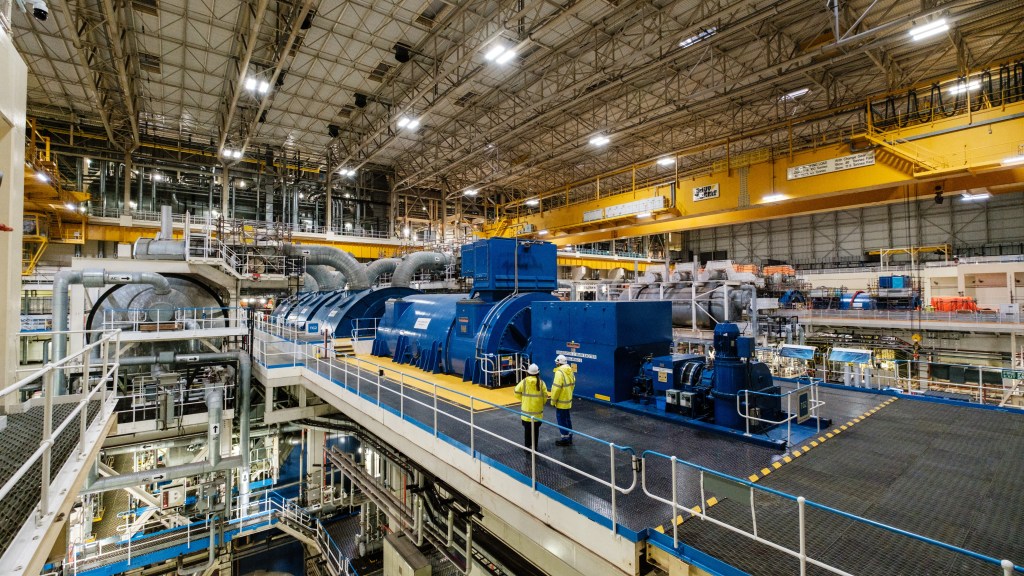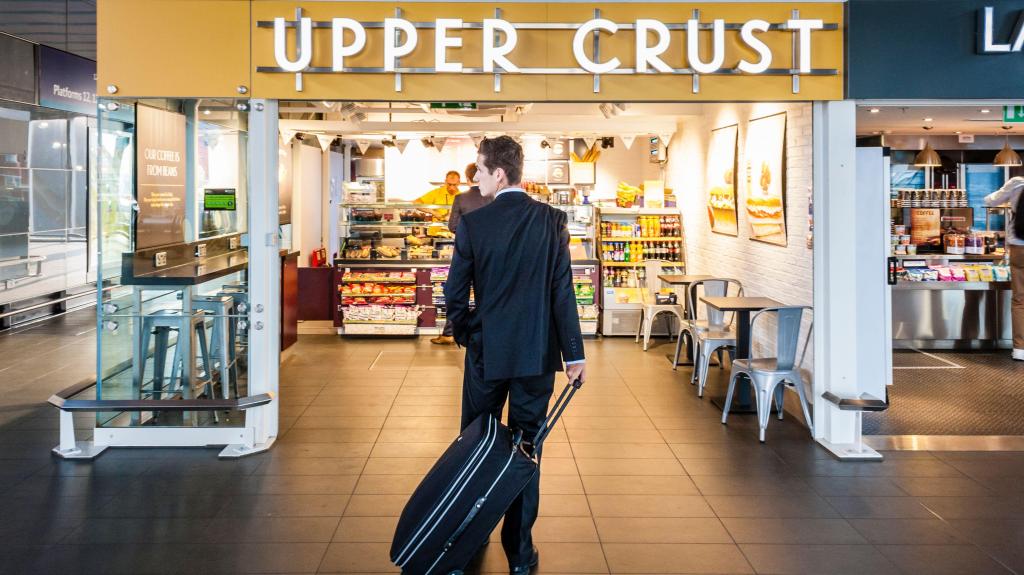Make UK Supports Labour’s Industrial Strategy Initiatives
A robust industrial strategy has the potential to attract billions in investments towards revitalizing the manufacturing sector in Britain, as projected by a group representing engineering leaders.
According to a recent survey conducted by Make UK, the premier industrial and manufacturing trade association in the UK, 70 percent of its members anticipate a surge in «re-shoring» activities in light of Labour’s proposed industrial strategy outlined in a recent green paper.
The document, titled Invest 2035: The UK’s Modern Industrial Strategy, promises to empower companies to plan for the next decade and beyond, supported by a dedicated industrial strategy council aimed at ensuring policy stability.
Labour’s strategy emphasizes support for eight key growth sectors where the UK currently excels and that are expected to drive future economic growth: advanced manufacturing, clean energy, creative industries, defense, digital technology, financial services, life sciences, and professional services.
Make UK highlights the substantial potential benefits for British manufacturing, which is currently valued at £217 billion. If manufacturing were to expand to account for 15 percent of GDP, an additional £142 billion could be added to the economy, as per their estimations. The industrial investment presently stands at around £38.2 billion annually; however, maintaining investment in the UK and re-shoring operations from abroad could significantly enhance this figure.
Fhaheen Khan, senior economist at Make UK, stated, «Manufacturers are ready and waiting for the government to activate the advantages that a long-awaited industrial strategy promises.»
Khan further emphasized, «The impact of this strategy will be broad, facilitating companies transitioning towards increased automation and digital technology, while also fostering the recruitment of high-skilled workers.»
In a competitive global landscape, with the US, Europe, and China advancing investments in green technologies, Khan noted that the UK must keep pace with these initiatives.
The survey findings revealed that industry leaders prioritize investing in UK-based facilities, automation, and R&D, alongside a renewed emphasis on enhancing exports to the EU.
Manufacturers expressed a desire for fiscal incentives, with over half indicating that a reduction in corporation tax would most significantly influence their investment decisions. This was closely followed by calls for an expansion of capital allowances for software and the introduction of full expensing for both leased and second-hand machinery.
The survey also identified high interest rates as the primary barrier to investment, with respondents advocating for further rate cuts from the Bank of England.






